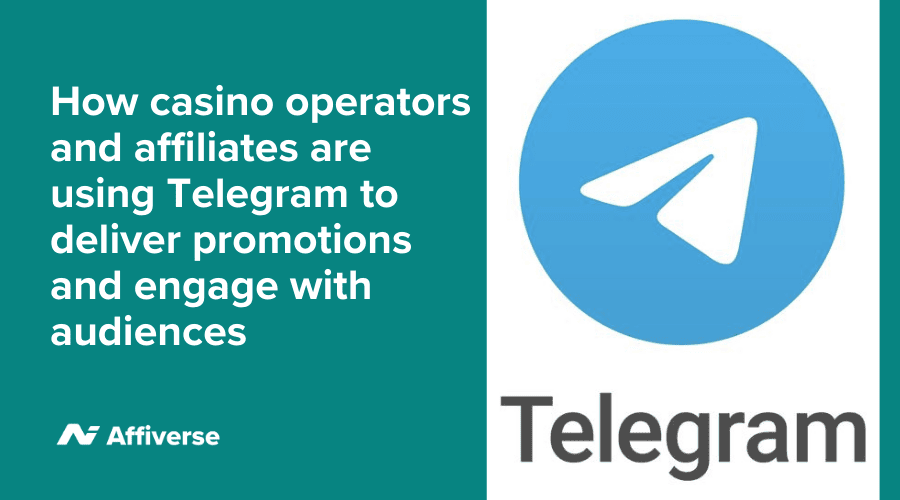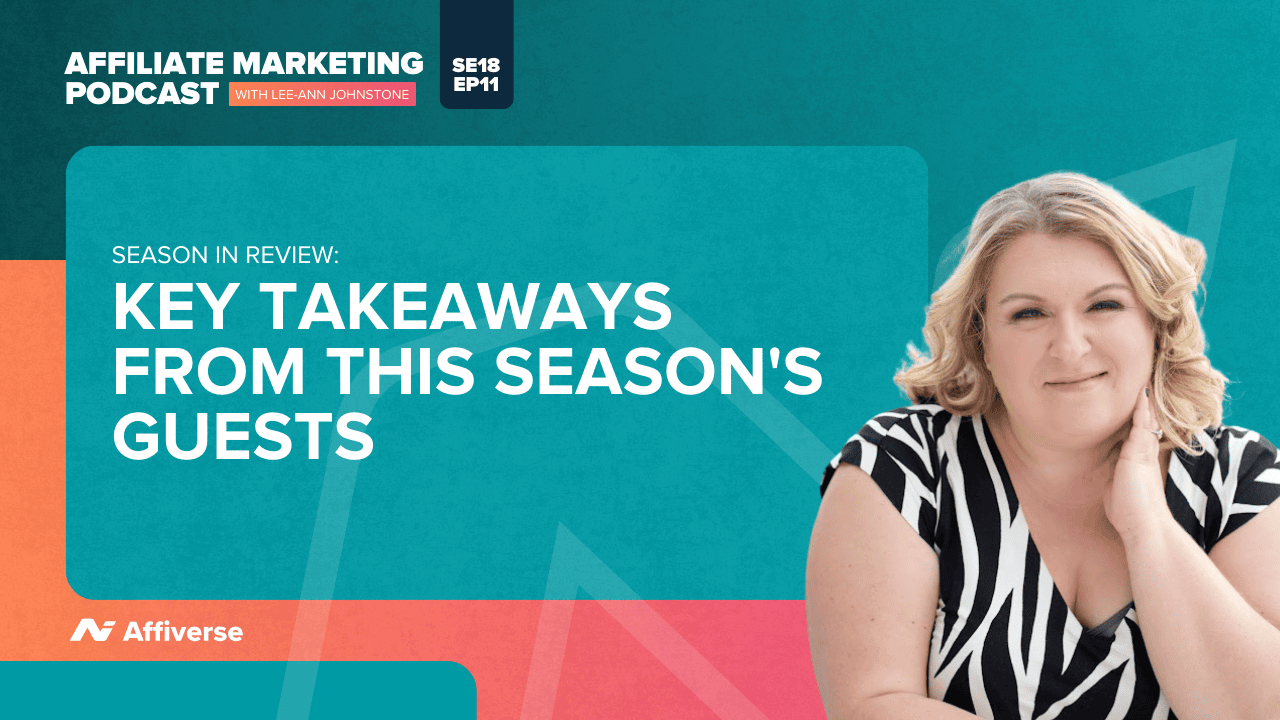In this edition of Affiliate Spotlight, Affiverse’s Lee-Ann Johnstone speaks to Manuel from QFun. Founded in 2017, this company provides iGaming technology. Recently, the company launched Pokio: the industry’s first fully-regulated, real-money native mobile poker app.
Manuel discusses how QFun is being a poker industry innovator, along with trends he expects to see in 2020 and beyond. More, such as the product’s key features.
Affiverse: Online Poker has faded as a game of choice for online bettors recently, as there is more market consolidation. Tell us about your background in poker, and why you’ve built a new innovative product in this space?
Manuel: When I begun in the iGaming industry as a Gibraltar-based Customer Support Agent in 2006, I soon realised that poker was a very interesting area. So, I specialised in it.
Since then, I’ve held several roles connected to Product, Marketing, Affiliation, Operations and Management. For the last 10 years, the online poker sphere has been practically stagnant in terms of any major Business Model and Product innovation. There have been isolated efforts, but no real game-changer. We think that Pokio is *that* game-changer.
Affiverse: How do you see the online poker industry changing, and where do you think the big trends lie in 2020?
Manuel: I think that consolidation will continue to be a trend. Poker operators using the traditional model are running out of growth support margins. Most base their entire promotional and retention strategy on some form of rakeback. More often-than-not, this is also done through the use of established rakeback affiliates or networks.
This isn’t overly beneficial for poker operators. As many are multi-product, poker serves only as an acquisition tool for them. They make up for that in cross-selling with casino or sports betting. However, in my opinion, this isn’t sustainable for the poker ecosystem in the long run.
Affiverse: Your poker product has an interesting social gaming aspect. What was the thought process behind developing this, and how are your users engaging with it?
Manuel: We took a social poker model that was already successful – mostly in Asia – and developed the world’s first regulated, real-money social poker app. In effect, we wanted to keep the social features as a central part while transforming it into a real-money product.
Our platform is really built for engagement. Players can purchase in-app extras to interact with both the game and other player. Many of these social features can also be tried for free. They can share everything with direct integration across all social networks, and can also invite friends to play with them through one click.
Affiverse: Everybody is talking about millennials and how they’re becoming harder to engage through simple marketing techniques. How are you re-defining the game’s social aspect to provide a better entertainment for them?
Manuel: One way we appeal to this demographic is that we offer a native iOS and Android app, rather than just copying a desktop poker client. Thus, the user experience is fantastic in comparison.
Along with this, the social sharing capabilities are another way of changing the user experience – as is gamification. We don’t focus just on the real-money side of things, but also on the interaction aspects.
Affiverse: How does your product differentiate from the other available apps in this space?
Manuel: Other than what we’ve already mentioned, the biggest difference is that we don’t follow the traditional ‘lobby model’. We instead have clubs, which can be created by other users. Once they’ve done this, they can invite their friends to play with ease. Moreover, players can start cash games and come up with their own personalised rewards plan. These clubs are often tight-knit communities, so engagement levels skyrocket.
Club owners also receive extensive training and tips on how to better-promote their club. They end up being our first line of support as players go to the trusted owners, even before coming to us. We call this ‘Crowdsourced Customer Support’; our team still works as a second line, or for cases related to things like payments and technology issues.
Affiverse: What are your plans for the future? How will you be driving this concept forward and where can affiliates find out about this experience?
Manuel: Much of this year’s growth has been through word-of-mouth within local communities and clubs. We’ve therefore managed to recruit affiliates’ attention without actively recruiting.
We have a great products, but for our relationship to be successful they have to adapt to our business model. Long gone are the days of sending a tracked player and getting a lifetime revenue share for their activity. With our models, affiliates can either create a club or enter an agreement with an existing one. They need to actively engage with players in order to retain them.
The margins are a big incentive for affiliates to join. Owning a club can earn you up to 80% of the gross gaming revenue. It’s also possible to join a pool of clubs and share liquidity with them, known as ‘club circles’. These have generally evolved from being very successful clubs that want to grow reach, as well as share operational and marketing experience.




















